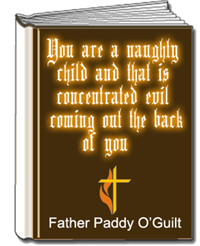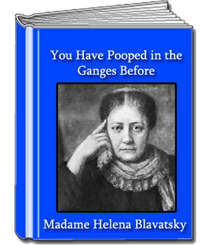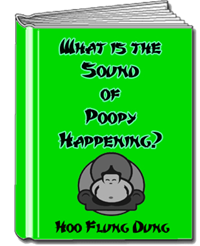The following passage is excerpted from “The Role of Cats in Nursery Rhymes,” by Sarah Hartwell–
Pussy-cat, Pussy-cat where have you been?
I’ve been to London to look at the Queen.
Pussy-cat, Pussy-cat, what did you there?
I frightened a little mouse under a [her] chair.
One explanation of the origins of this rhyme goes back to 16th century England. One of the staff of Queen Elizabeth I (Good Queen Bess) was said to have had an old cat which tended to roam throughout one of the royal residences. On one occasion the cat apparently went underneath the throne (the “chair”) and its tail brushed against the Queen’s foot, startling her. Luckily Queen Elizabeth was amused and declared that the cat could wander through the throne room as long as it kept it free of mice!
Another suggested meaning of this relates to the poor hygiene of a different queen and is perhaps a cautionary tale about hygiene in general. Undergarments were uncommon among poorer women before the nineteenth century and dust, ash and general grime accumulated on the genitalia just as it did elsewhere on the body….
…Bathing was uncommon (indeed it was considered positively unhealthy) and while the hands and face would be washed, other parts were often overlooked for weeks or months, particularly those parts that would incite lustful thoughts if touched. One result of this was the accumulation of grime, cellular debris, menstrual discharge and natural secretions in the vaginal cleft. Quite substantial amounts could accumulate until their size and weight caused them to fall out while the lady was walking or when she rose from her chair. These accumulations were called sootikins and resembled small mice in colour and shape.
 Accounts written by Pepys and Boswell, mention men employed in London churches to sweep up sootikins after services. There is a scurrilous anonymous account of a sootikin being allegedly found under Queen Anne’s chair in St Paul’s Cathedral in London during the Thanksgiving Service for the end of the War of the Spanish Succession. The nursery rhyme contains all of these ingredients – London, a queen, a chair and a “mouse” underneath the chair. In addition, the word “pussy” is both an affectionate term for a cat and a slang term for female genitalia. In addition to the “pussy” and “mouse” meanings, “queen” is a term for a female cat and female cats are notoriously promiscuous. This has led to alternative suggestions that the rhyme may alludes to promiscuity or prostitution.
Accounts written by Pepys and Boswell, mention men employed in London churches to sweep up sootikins after services. There is a scurrilous anonymous account of a sootikin being allegedly found under Queen Anne’s chair in St Paul’s Cathedral in London during the Thanksgiving Service for the end of the War of the Spanish Succession. The nursery rhyme contains all of these ingredients – London, a queen, a chair and a “mouse” underneath the chair. In addition, the word “pussy” is both an affectionate term for a cat and a slang term for female genitalia. In addition to the “pussy” and “mouse” meanings, “queen” is a term for a female cat and female cats are notoriously promiscuous. This has led to alternative suggestions that the rhyme may alludes to promiscuity or prostitution.









